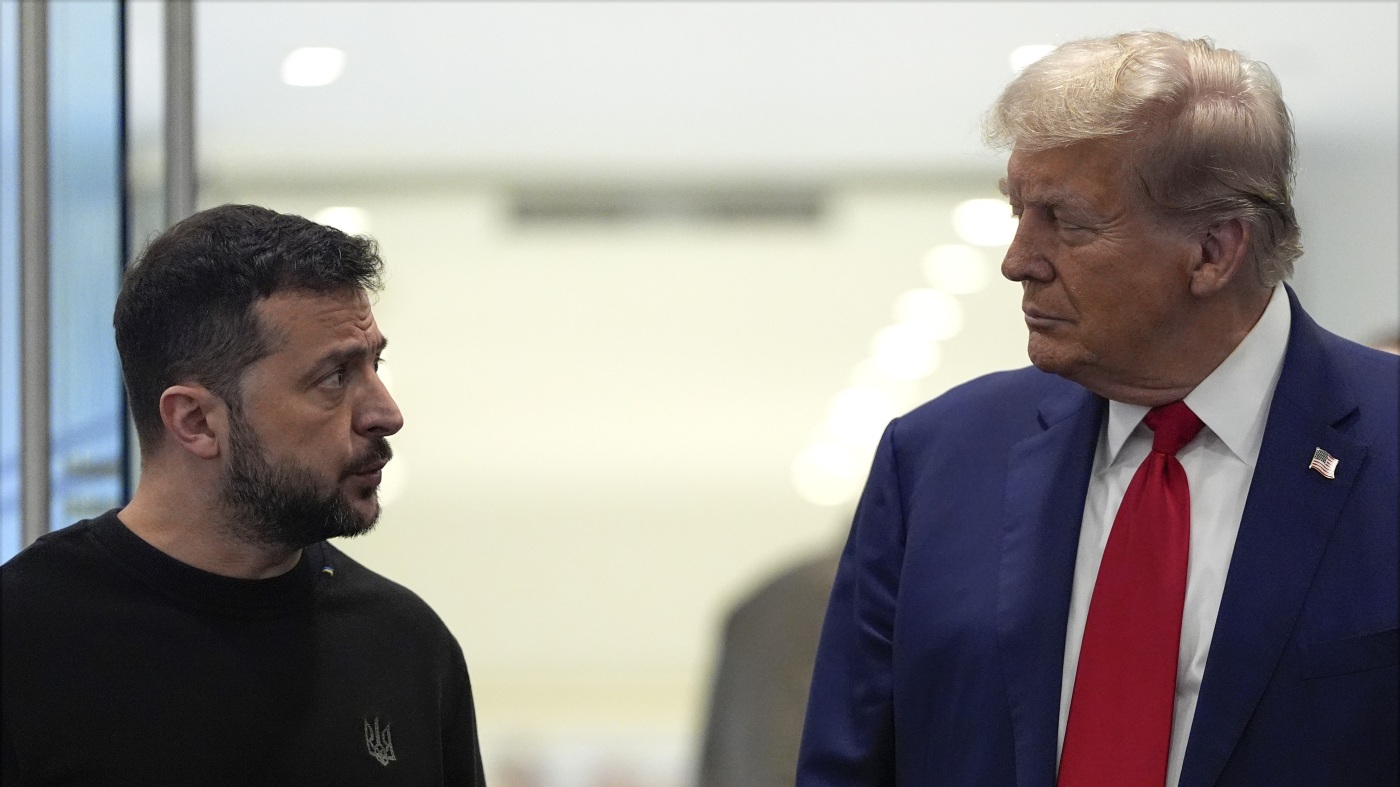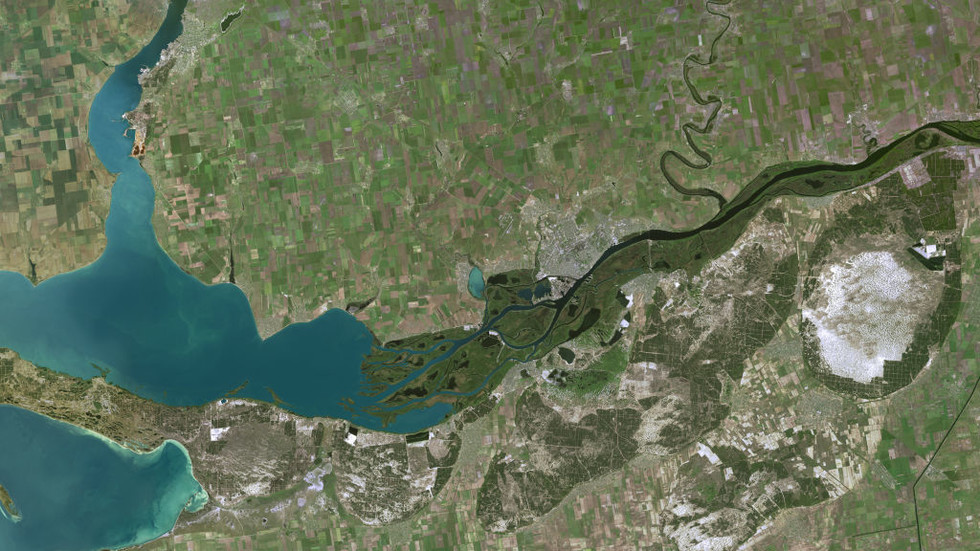WikiLeaks founder Julian Assange faces a hearing on Monday in London's High Court that could end with him being sent to the US to face espionage charges or provide him another chance to appeal his extradition.
It's possible that Julian Assange, the founder of WikiLeaks, could be faced with extradition to the United States today on spying charges if London's High Court believes that US officials will give him due process.
Assange, 52, is facing 17 espionage charges and one charge of computer misuse in the US after he published a trove of classified documents in 2010 related to the US military's conduct during the Afghanistan and Iraq wars.
If charged in the US, Assange faces up to 175 years in prison if he's convicted but American authorities say that his sentence could be shorter.
London's High Court adjourned the case in March, asking American prosecutors to come back with "satisfactory assurances" that Assange would not face the death penalty if convicted and, if extradited, that he would have the same free speech protections as US citizens.
The US now says that they're willing to let a judge decide whether Assange, who is Australian, would be granted the same freedom of speech protections under the First Amendment: a change from its past arguments, where they said he wouldn't be entitled to those rights because he's not a US citizen.
Assange's legal team and his supporters argue that those assurances are not good enough to extradite him.
“The US has limited itself to blatant weasel words claiming that Julian can ‘seek to raise’ the First Amendment if extradited,” his wife, Stella Assange, said.
"The diplomatic note does nothing to relieve our family’s extreme distress about his future — his grim expectation of spending the rest of his life in isolation in US prison for publishing award-winning journalism".
Before the adjournment, Assange's lawyers argued he was acting as a journalist and sending him to the US would expose him to a risk of a "flagrant denial of justice".
The US government believes he went way beyond the actions of a journalist by how he gathered the information and put lives at risk by publishing classified documents.
What happens next?
If Assange's team wins Monday, it would set the stage for an appeal process likely to extend what has already been a long legal saga.
If the court accepts the word of the US, it would mark the end of Assange’s legal challenges in the UK, though it’s unclear what would immediately follow.
If he loses in court, he still may have another shot at freedom.
US President Joe Biden said last month that he was considering a request from Australia to drop the case and let Assange return to his home country.
Officials provided no other details but Stella Assange said it was “a good sign” and Australian Prime Minister Anthony Albanese said the comment was encouraging.
Assange is currently in a British high-security prison, his base since he was forced to leave the Ecuadorian Embassy in London after seven years there.
His supporters say the prison time, along with the legal battles, is contributing to his poor physical and mental health.

 5 months ago
33
5 months ago
33









